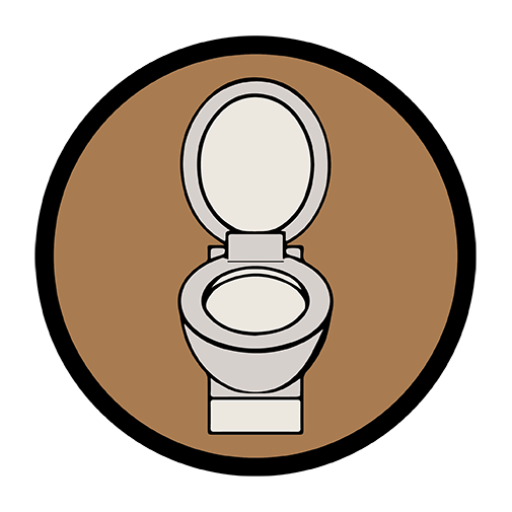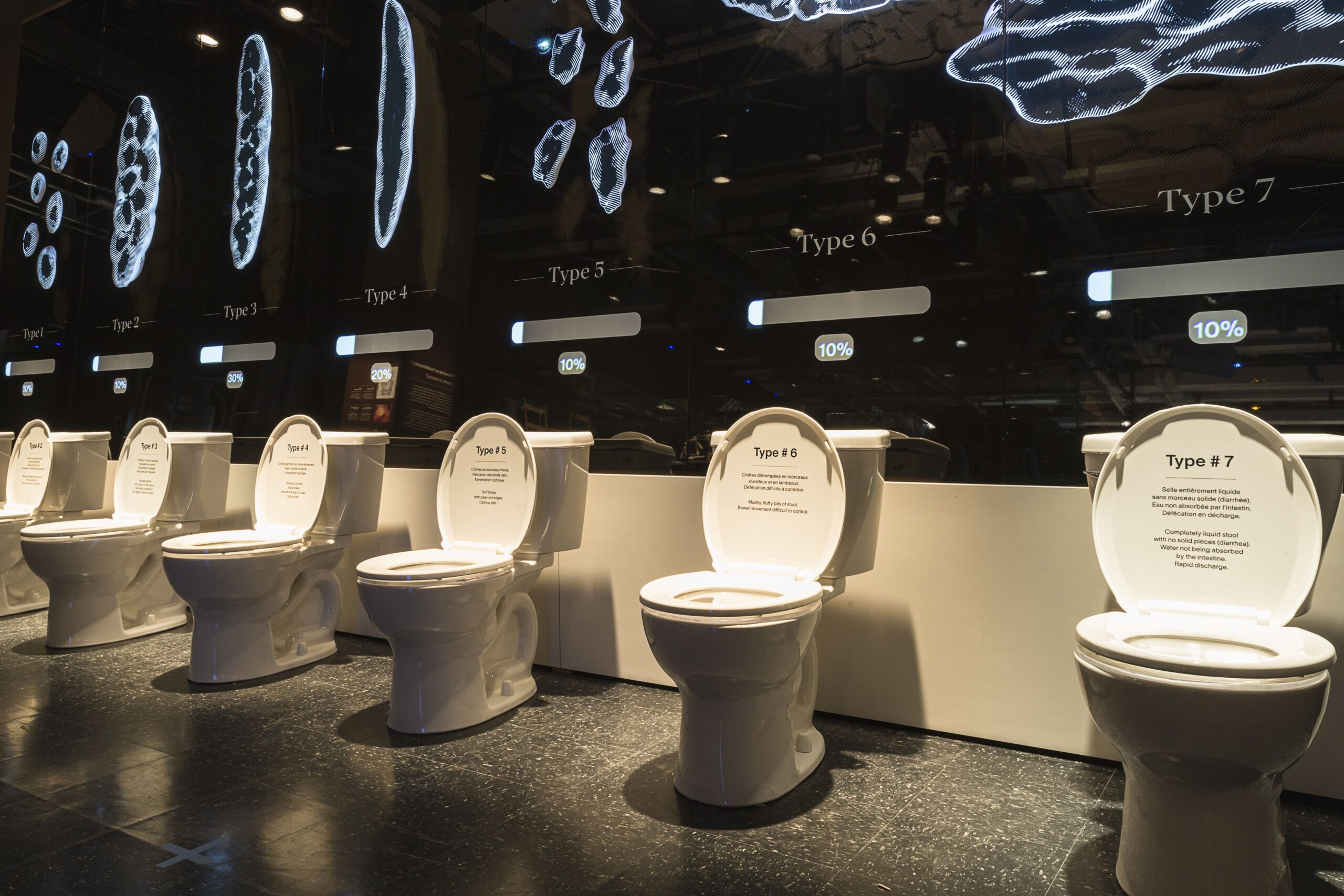Poop and its many facets
In the last few years, we are witnessing more and more exhibitions about poop. We started talking about the Japanese poop museum in Tokyo but soon we moved to other displays such as the Italian s**t museum or the poop exhibit in Rotterdam by Gelatin; not to mention the other toilet museums, such as in India and the toilet art festival in Leicester.
However, according to this article, there’s another poop exhibition to mention that takes place in Québec City (Canada). The idea came up by Coline Niess, the Musée de la Civilisation’s exhibition project manager, in 2017.
Although her team was a little confused and concerned about the theme, she convinced them by explaining that poop is a way to explore humans and their culture.
“I explained to them that it could be the best way to explore the diversity of humans because the relationship between humans and their body, and their sh*t, varies across time and cultures. I said to the museum, it’s the best topic about society and a story about humanity”.
Everyone goes to the bathroom, but how they do it, where it goes, and how they process it reveal a lot about how they view the world. We can learn from waste about public health, psychology, anthropology, history, and more. (In a way is what this blog is trying to do).
After Niess convinced her museum that this was a subject worth delving into, the curators collaborated with scientists to examine every aspect of poo and how it impacts our lives. The outcome is the “Ô Merde!” (Oh Sh*t!) show. The massive, multi-room exhibit tackles the poop subject with a great deal of humor, intelligence, and curiosity, with art, games, history, artifacts, and models of turds.
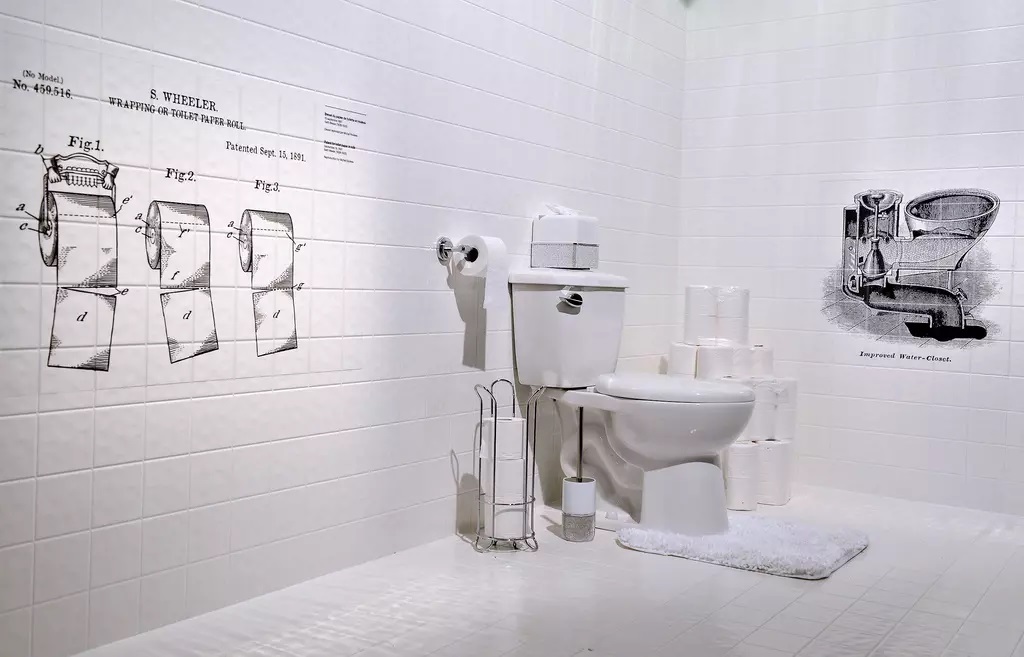
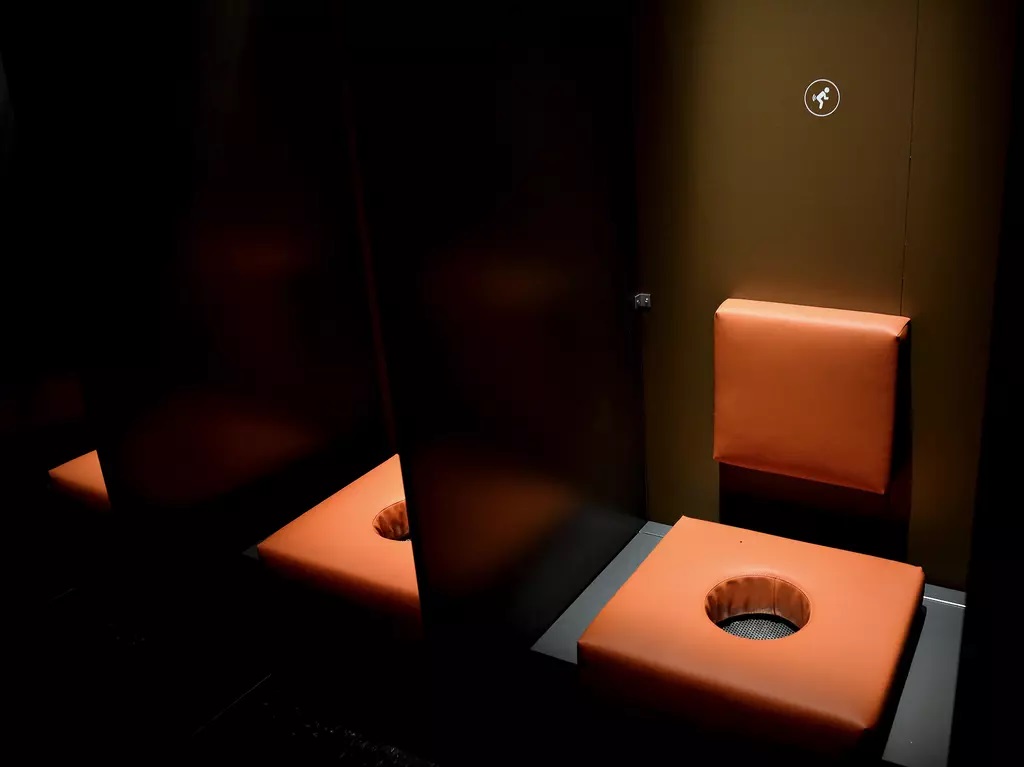
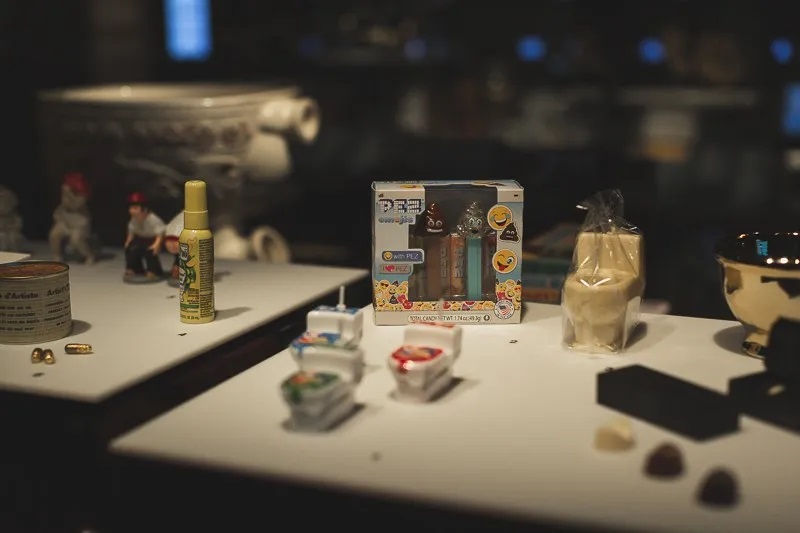
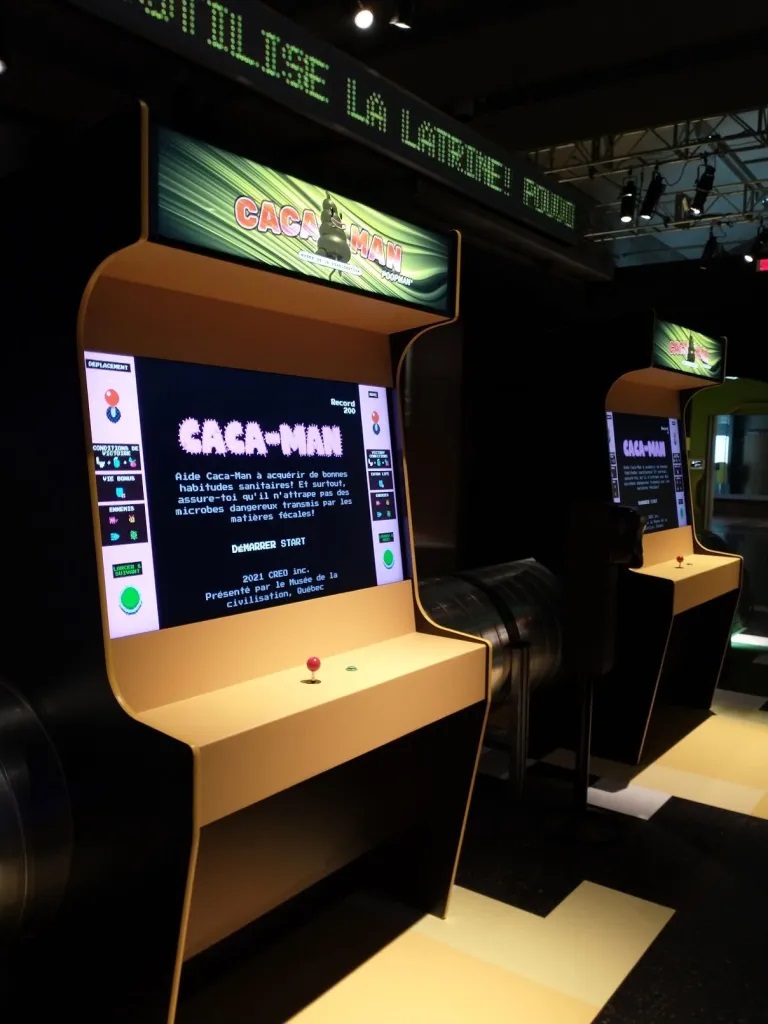
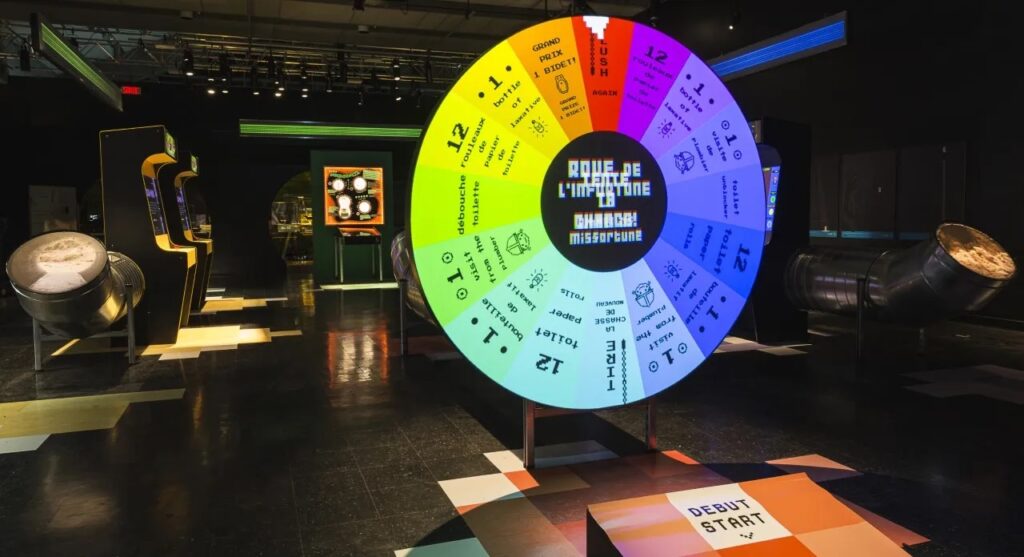
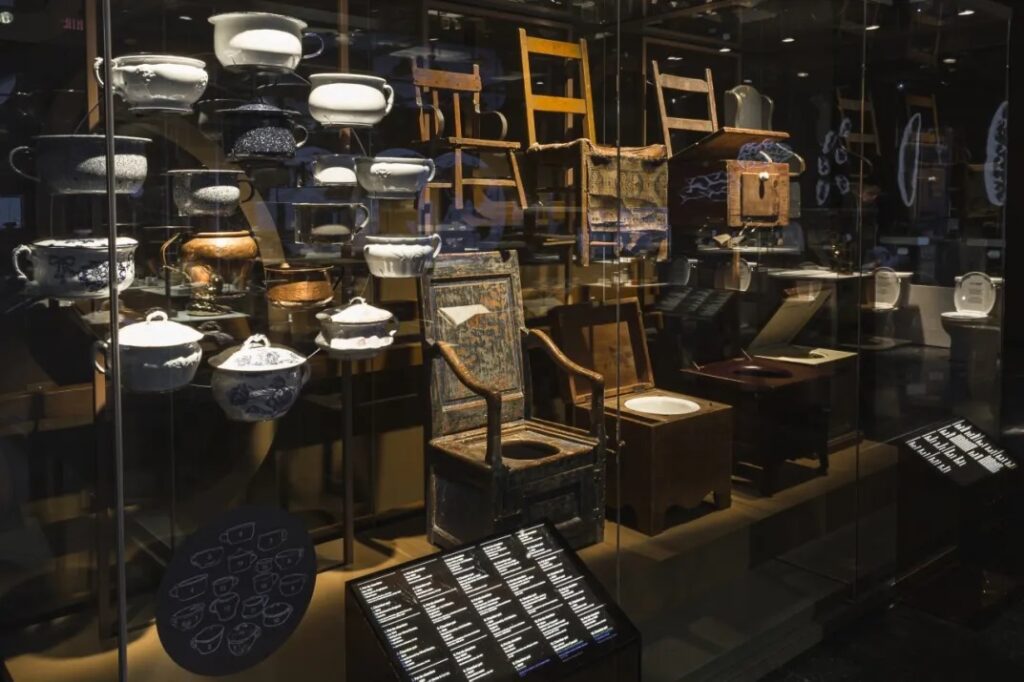
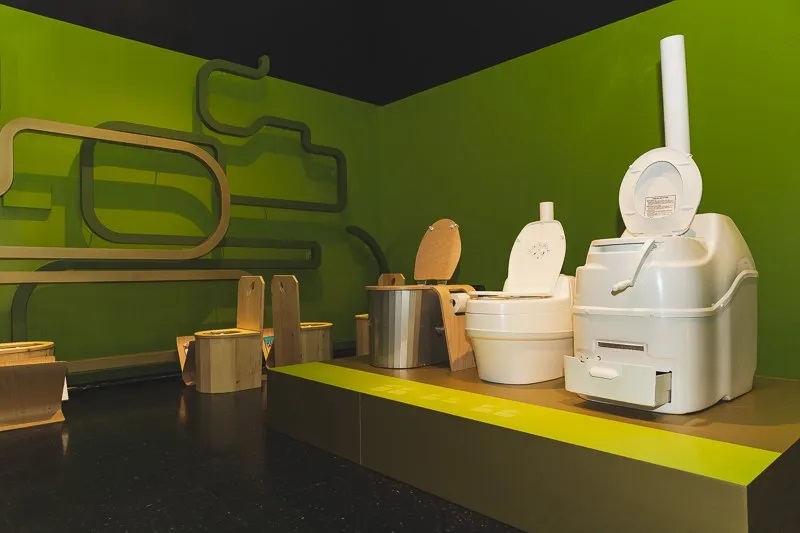
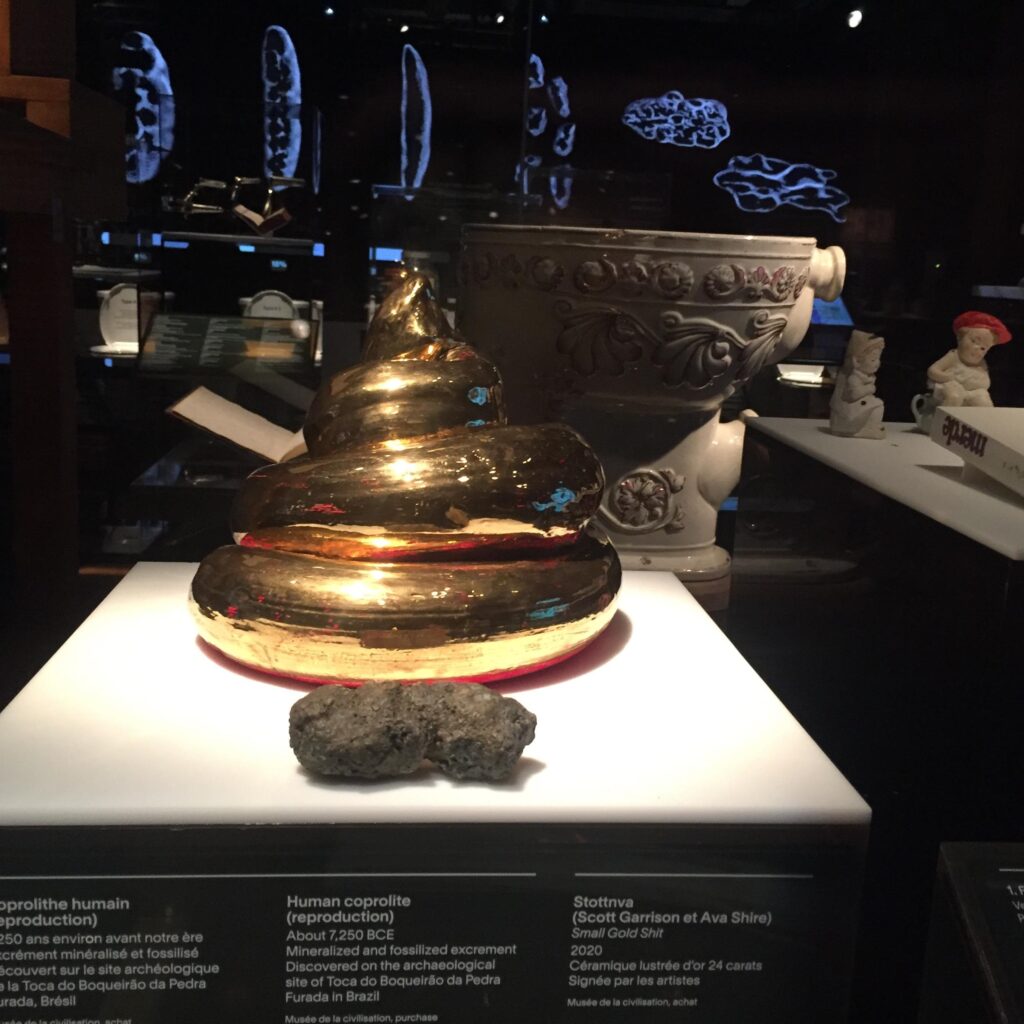
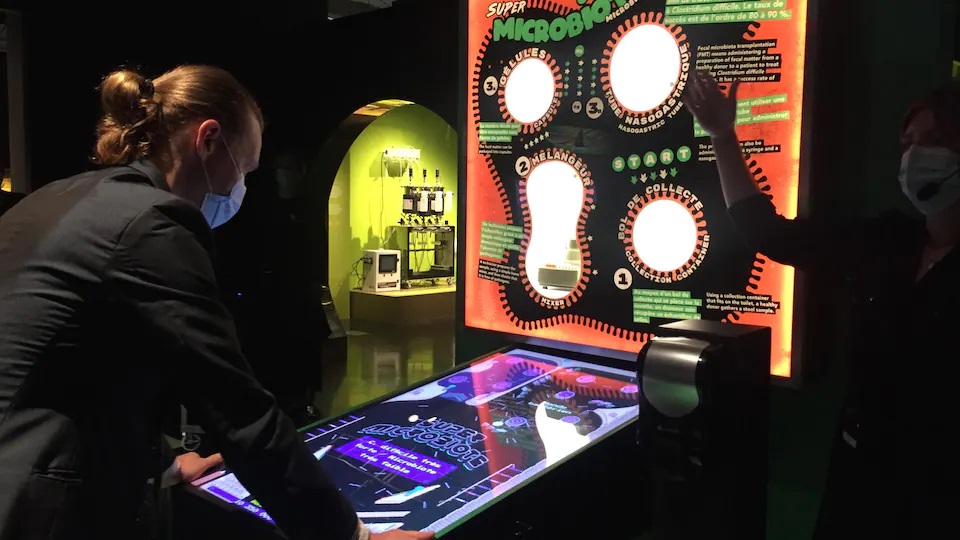
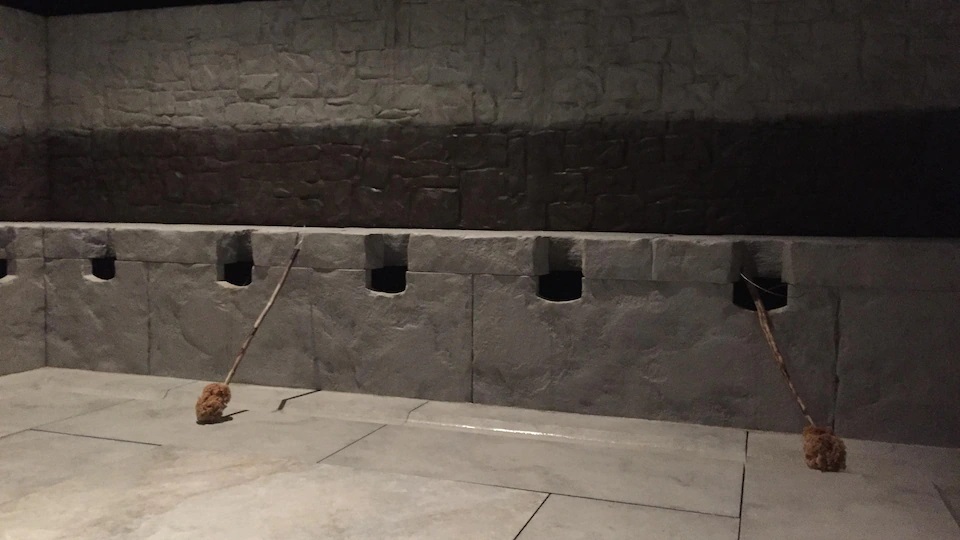
Art historian Vincent Giguere claimed that the museum hired a group of experts to make sure they did it right. Among the experts who took part were Corinne Maurice, a researcher at McGill University who focuses on microbiota and viruses, and Catherine Bourgault, a sanitation advisor at the Centre for Affordable Water and Sanitation Technologies.
“We really wanted the visitors and the people that come through the exhibition, to say, ‘OK, this is the part where we laugh, but the other part, it’s very serious'”, Giguere said.
Although poop is still a taboo, is something that concerns everybody. Therefore, it’s interesting how we can talk about various topics starting from one subject.
Biology is one of them. Then, in one chamber, you can find a row of toilets with various poop models that allow you to learn what they have to say about your diet and general health. And for history lovers, there are, for example, also ancient chamber pots. While those who are interested in psychology and gender studies can learn more about why some people are reluctant to pee in public and why women experience shame about defecation more often than men.
But also the exhibition’s design alone is worth the trip. For example, a room has been decorated to resemble a public restroom with stalls. There are small displays when you walk into each stall. While other displays look at areas where individuals have to poop outside and how this impacts their quality of life. There’s also a hilarious history of the poop emoji, and a replica of old French latrines.
You can also find the sustainable toilet supported by the Bill & Melinda Gates Foundation which doesn’t require conventional plumbing and could aid in the global effort to find environmentally friendly ways to dispose of waste.
It’s a fun experience and the more you go in, you discover interesting things, information about diseases, social problems, etc.
Nonetheless, Neiss claimed that learning that stools are deposited directly into the St. Lawrence River not far from lovely, clean Quebec City shocks local visitors. She claimed that the museum was monitoring to determine whether what visitors learned could change their way of life.
“Did they add a bidet? Do they use washable paper? Are they composting?… The DNA of our museum… is a museum for a better world, and so it fits. It’s the best fit. We want to incite people to act. It’s a call to action”.
